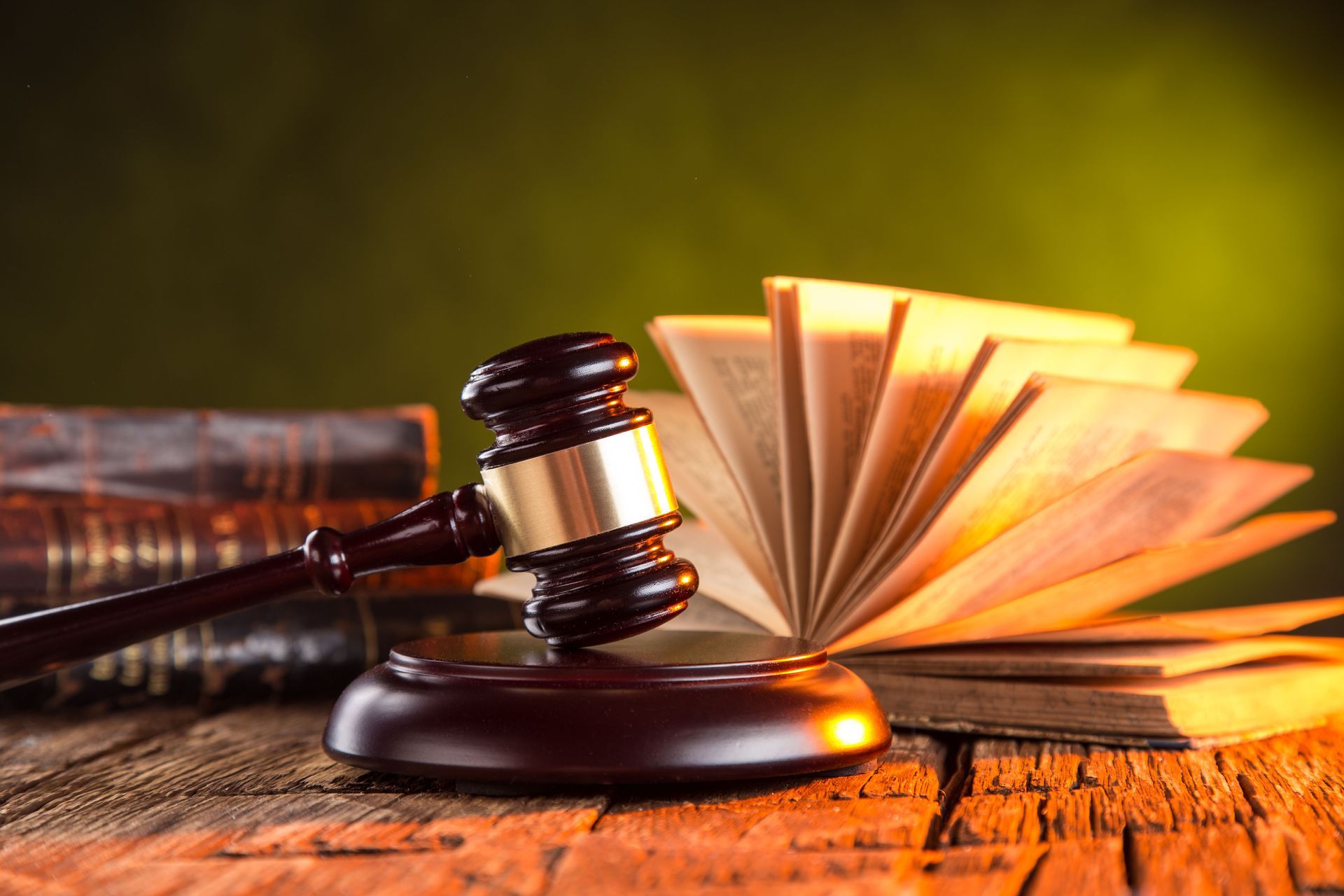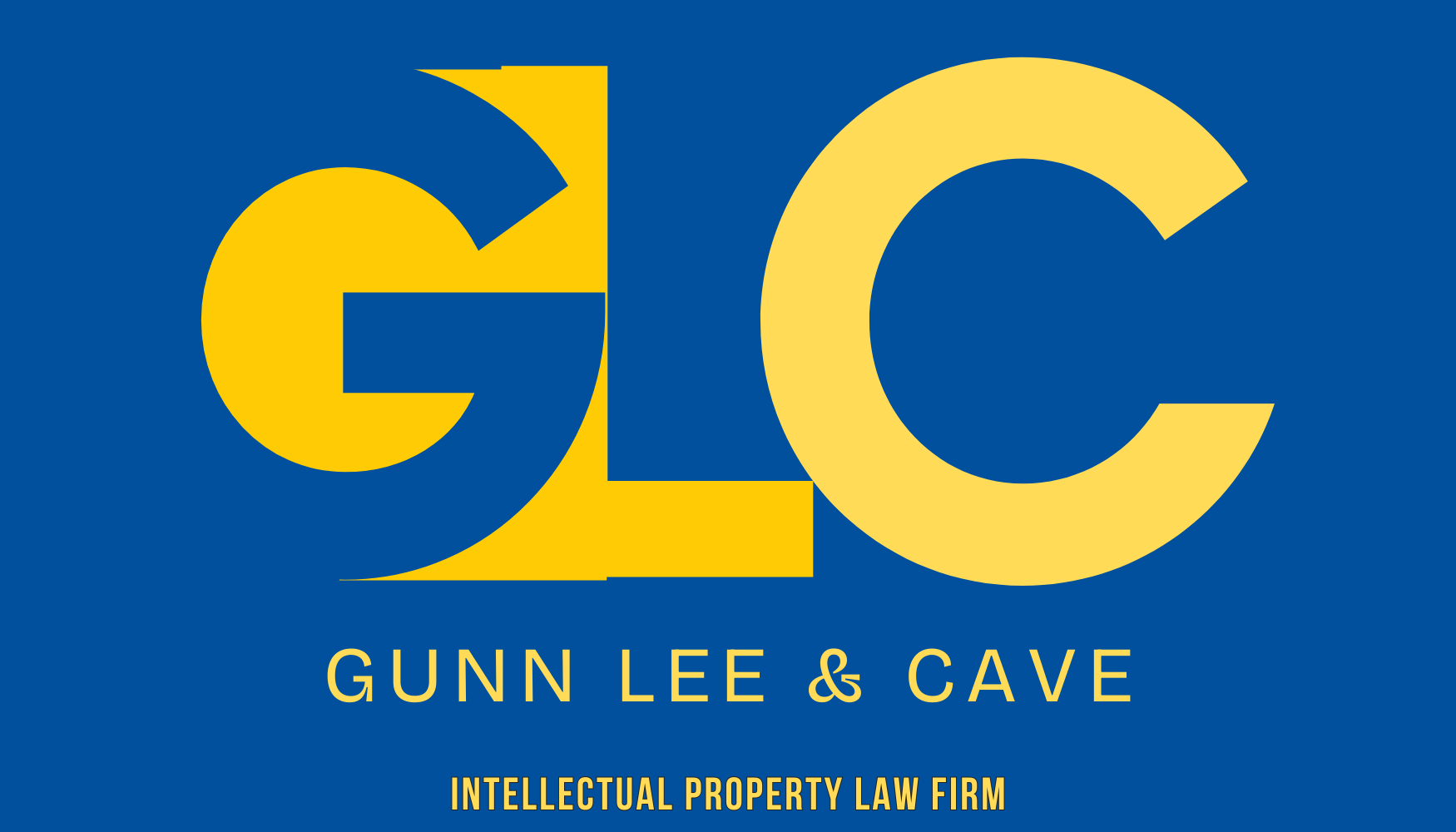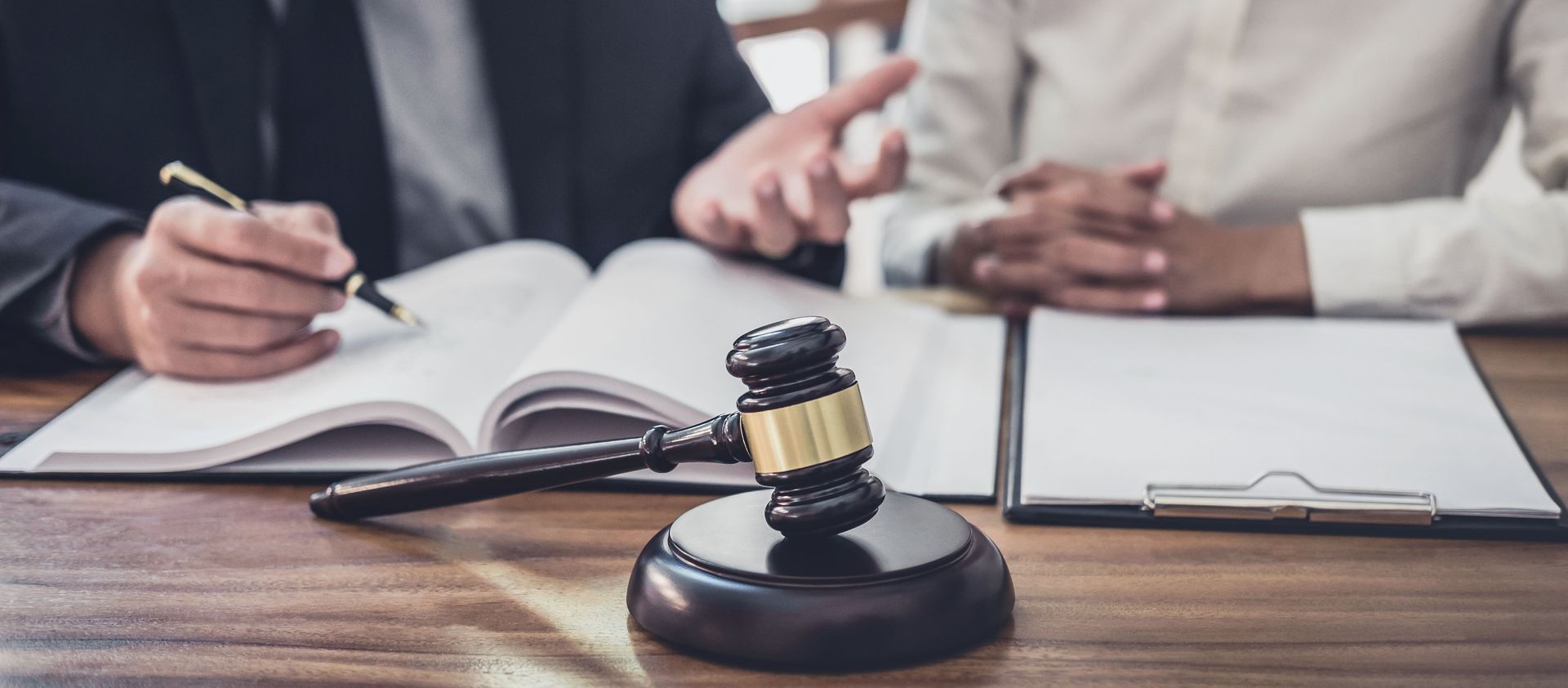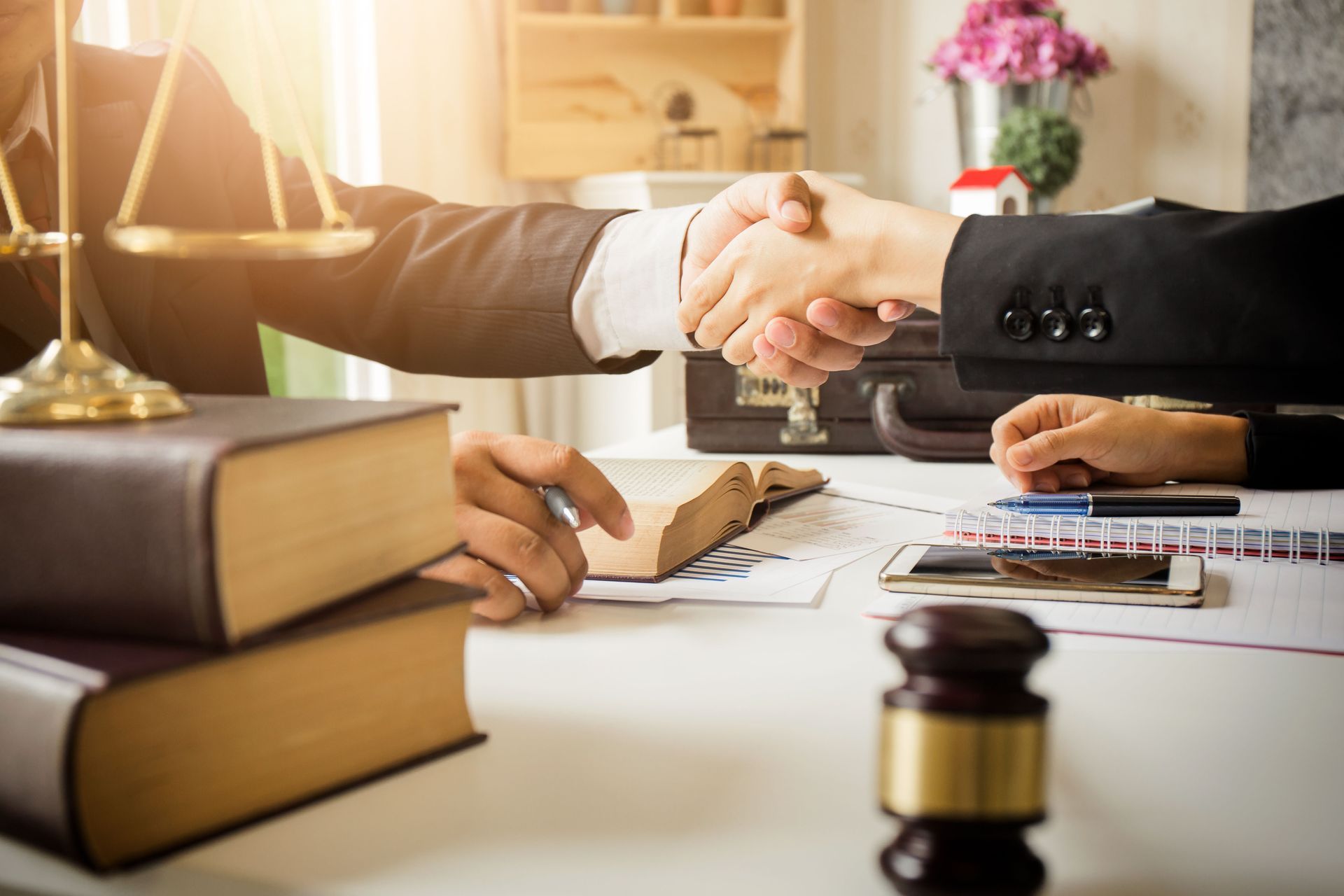September 16, 2025
Copyright law affects more of your daily life than you might think. From the books you read and the songs you stream to the software you use at work, copyright rules determine how creative works can be shared, sold, or protected. A copyright lawyer is a professional who helps individuals and businesses navigate this complex area of law, ensuring that intellectual property rights are respected while also helping clients avoid costly disputes.
In this article, we’ll break down the essentials of copyright, explore how lawyers protect and defend creators, and show why their role is so important in today’s digital-first world. Whether you’re an artist, entrepreneur, or simply posting online content, understanding these principles could save you significant time and money.
Understanding Copyright Basics
Copyright is a legal framework designed to protect original works of authorship. These works can include novels, paintings, photographs, films, musical compositions, architectural designs, and even software code. While copyright protection is automatically granted upon the creation of an eligible work, it doesn’t extend to everything. For example, short phrases, facts, and raw ideas cannot be copyrighted because the law only protects tangible expressions, not general concepts. This distinction often confuses people and leads to unintentional violations.
According to the U.S. Copyright Office, copyright generally lasts for the creator’s entire lifetime plus an additional 70 years. After that period, the work falls into the public domain, meaning anyone can use it without permission. This long duration demonstrates how serious the law is about encouraging creativity by giving creators control over their work for generations. Understanding these fundamentals helps explain why individuals and companies turn to specialists when questions or conflicts arise.
Protecting Creative Work
For creators, protecting their output can feel overwhelming. While copyright protection attaches at the moment of creation, registering the work with the U.S. Copyright Office provides crucial legal advantages. Registration creates a public record and allows creators to sue for infringement, recover statutory damages, and even request attorneys’ fees. For example, an author who registers a novel has a much stronger foundation for taking action if someone republishes it without permission.
A copyright lawyer plays a vital role in this process by guiding clients through the technical requirements of registration and advising on the best strategy to maximize protection. Lawyers can also help assess whether additional steps, such as watermarking digital works or using licensing platforms, are worthwhile. By ensuring that a creator’s rights are fully recognized, they make it easier for artists, musicians, and business owners to confidently share their work with the world.
Enforcing Intellectual Property
Even with protections in place, creative works are vulnerable to unauthorized use. Infringement can occur in countless ways, such as uploading pirated films, copying website content, or selling knockoff designs. The first step in enforcement usually involves sending a cease-and-desist letter to the infringing party, which often resolves the matter quickly. If the violation continues, the next stage may involve formal legal proceedings, which can be lengthy and costly if not handled properly.
A copyright lawyer is instrumental in determining when and how to escalate enforcement efforts. They can evaluate the strength of the infringement claim, gather evidence, and file a lawsuit if necessary. In some cases, lawyers also negotiate settlements that compensate the creator without the need for a drawn-out trial. For businesses, this support can mean the difference between recovering lost revenue and allowing infringement to weaken their brand.
Defending Against Claims
On the other side of the equation, businesses and individuals can also be accused of copyright infringement. Sometimes these claims are legitimate, but in many instances, they stem from misunderstandings. For example, using an image found online without verifying its copyright status might trigger a legal complaint. These cases can escalate quickly, with potential damages running into the tens of thousands of dollars, making legal defense essential.
A copyright lawyer provides crucial guidance in defending against such accusations. They help determine whether defenses like fair use, licensing agreements, or the expiration of protection apply. In some instances, they can negotiate with the opposing party to reduce or eliminate potential damages. Having expert representation ensures that accused parties are not forced into unfavorable settlements or judgments due to a lack of knowledge.
Negotiating Licensing Agreements
Licensing is one of the most practical ways to legally use copyrighted works while respecting the creator’s rights. This process allows one party to grant another specific permissions, such as reproducing a song in a film or printing artwork on merchandise. Licensing agreements can be tailored to cover duration, geographic scope, or even the type of usage, making them essential tools in industries like publishing, music, and film production.
Because these contracts often involve complex legal terms and financial stakes, a copyright lawyer is indispensable during negotiations. They ensure that agreements are fair, enforceable, and aligned with the client’s goals. For creators, this means maximizing income while retaining necessary rights. For businesses, it ensures that they have the proper legal clearance to use works without fear of later disputes.
Advising on Fair Use and Exceptions
Fair use is one of the most misunderstood aspects of copyright law. It allows limited use of copyrighted works without permission for purposes such as education, commentary, news reporting, and parody. However, determining what qualifies as fair use is not straightforward and depends on factors like the purpose of the use, the nature of the work, the amount used, and the effect on the market for the original. Disagreements about these factors frequently lead to lawsuits.
A copyright lawyer can clarify whether a particular use is likely to fall under the fair use doctrine or whether permission should be sought instead. They provide valuable insight for educators, content creators, and businesses that regularly incorporate existing works into their projects. This guidance helps prevent unintentional violations and saves clients from expensive legal battles.
Guiding Businesses and Startups
Businesses, especially startups, often underestimate how copyright issues can impact their growth. Using unlicensed images on websites, copying competitor marketing materials, or sharing customer content without permission can expose companies to serious liability. These risks are amplified in the digital age, where content spreads quickly and enforcement tools are becoming more sophisticated.
A copyright lawyer helps companies establish best practices from the outset. This can include training employees on intellectual property, reviewing marketing content before publication, and setting up proper licensing arrangements. By proactively addressing potential issues, businesses not only avoid legal trouble but also build stronger brands that respect the rights of others.
Navigating International Copyright Issues
In today’s global economy, creative works frequently cross borders. A photographer in the U.S. might have their images used by a company in Europe, or a software developer in Asia could see their code incorporated into a product sold worldwide. Since copyright laws vary by country, these situations can become complicated very quickly. International treaties, like the Berne Convention, help establish baseline protections, but enforcement still requires careful attention.
A copyright lawyer with experience in international matters can help creators and businesses navigate these challenges. They advise on where and how to register works abroad, monitor for infringement in foreign markets, and coordinate with local counsel when disputes arise. This support is critical for anyone who is hoping to expand their creative or business efforts beyond their home country.
Copyright law shapes the way creativity is protected and shared in our society. Whether you’re an artist, educator, entrepreneur, or content creator, understanding your rights and obligations can prevent costly mistakes. Working with a copyright lawyer ensures that your work is safeguarded and that you're equipped to handle disputes, licensing, or international complexities with confidence.
Ready to protect your creative work and safeguard your business? Contact Gunn, Lee & Cave, P.C. today to speak with an experienced copyright lawyer who understands your needs. Let us help you secure peace of mind while you focus on what you do best—creating.



